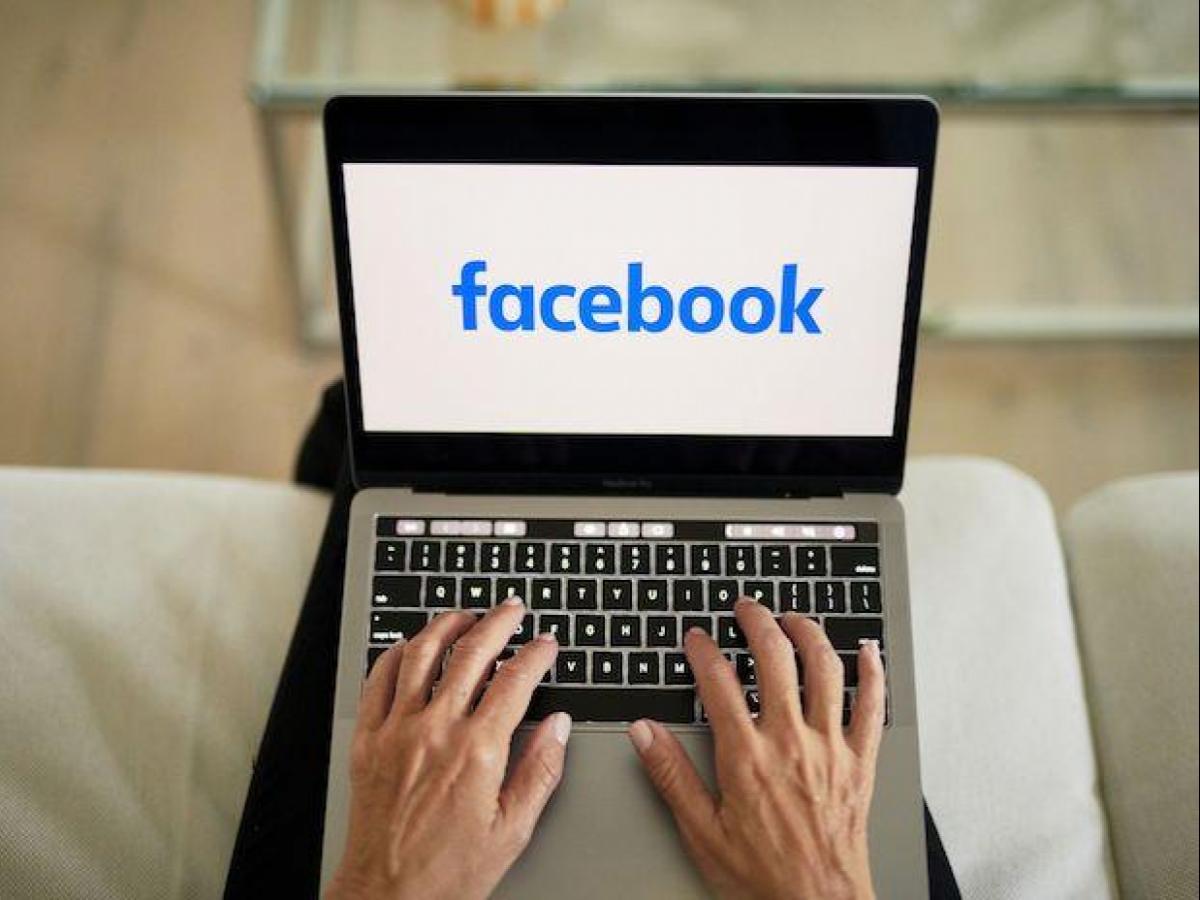On Friday, Facebook inc ended one-week long blackout of Australian news on its popular social media site. As a measure to adhere to government’s request, Facebook announced preliminary commercial agreements with three small local publishers.
Australia’s prime minister had beseeched or rather warned Facebook to lift its ban on news access for Australian users and to return to the negotiating table. In a move to bring Facebook in line with the laws, Australian government had administered stern rebuke, warning Facebook that other countries would follow Australian government’s example in making digital giants pay for journalism.
Prime Minister Scott Morrison has left no stone unturned to rebuke Facebook for its temporary block in the country. He had quite boldly described Facebook’s move to prevent Australians from accessing and sharing news as a threat to the nation.
The latest move by Facebook reflected easing of tensions between the US company and the Australian government. This came a day after the country’s parliament passed a law forcing Facebook and Alphabet Inc’s Google to pay local media companies for using content on their platforms.
The blockade had escalated Facebook’s fight with the government over whether powerful tech companies should have to pay news organizations for their content that is shared on their websites, a move that was strongly opposed by the tech giants like google and Facebook. The news block by Facebook in Australia had made it the first company to respond to the government’s threat.
Morrison had told the reporters that “The idea of shutting down the sorts of sites they did yesterday, as some sort of threat — well, I know how Australians react to that and I thought that was not a good move on their part,”.
Emphatically he also had added “They should move quickly past that, come back to the table and we’ll sort it out,” .
As an attempt to present its disapproval to the Australian authorities, Facebook had barred news organizations from posting stories and people who tried to share existing news stories got notifications saying that they were blocked from doing so.
There was public outrage at how the Facebook blockade was bungled, cutting access to pandemic, public health and emergency services.
Newspaper headlines included: “No likes for unsocial network,” and “Faceblock”. Another critical post had blamed Facebook for not caring about its people but its profits. Therefore certainly it can be mandated that the public outrage and Australian government can be considered responsible for the reversal of the facebook’s block.

